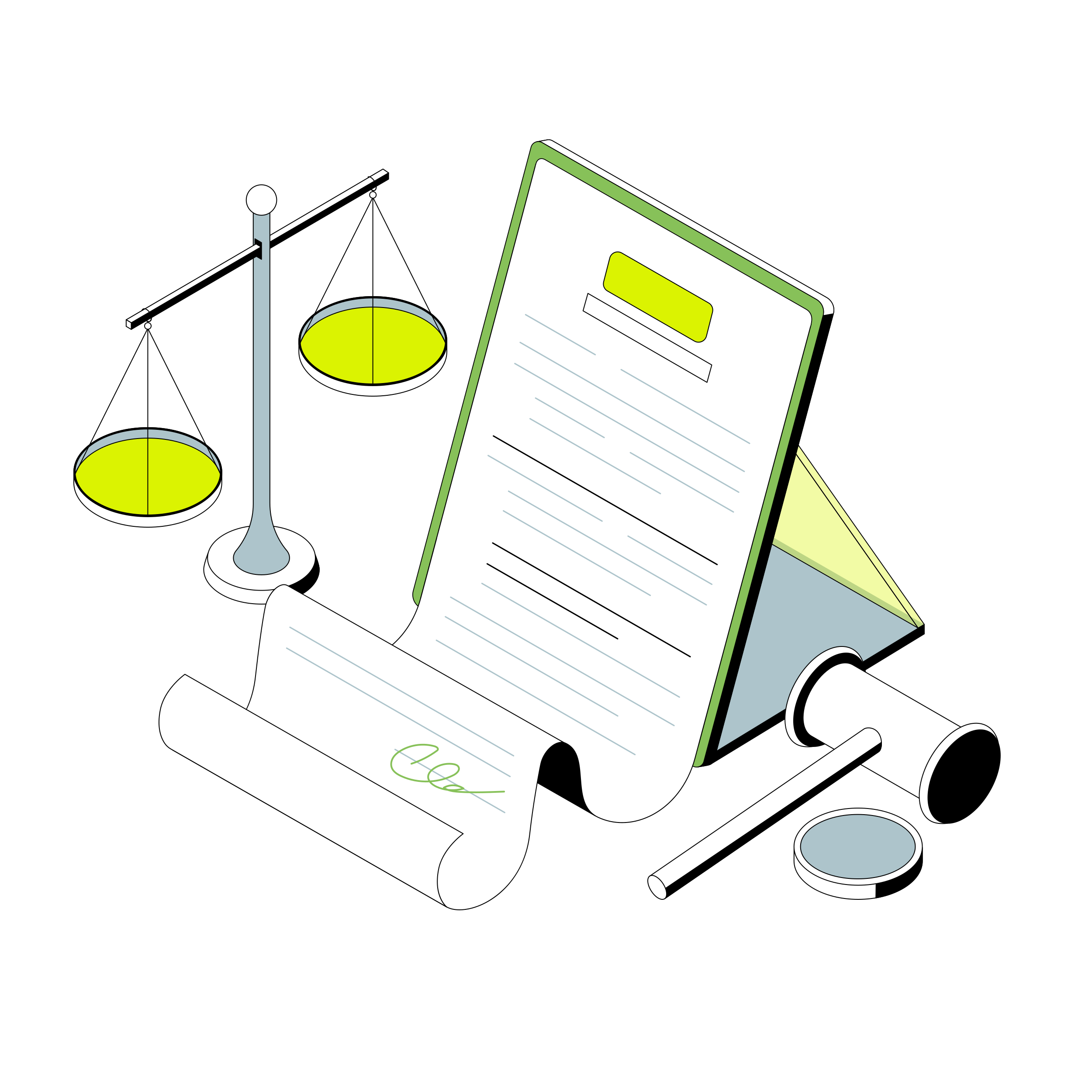Call us now:

After a recent cut in work hours, I’ve been thinking of changing directions, retiring in my early 60’s and starting my own business. I see you also advise small businesses. Suggestions?
Many Baby Boomers have worked enough years to be eligible for retirement, but have been either hit by the recession or don’t want to endlessly swing in a Palmetto hammock. Some of my clients work part-time into their 80’s at jobs they found after they retired. And since they love what they are doing, they don’t even consider it to be work. One man and his wife became house flippers and made a small fortune buying at tax sales, being their own general contractors and even doing some owner financing. While Boomers bring a wealth of experience to the table, entrepreneurship is not for everyone. Here are my suggestions:
Before you move too far ahead with your bright idea, be sure your health and that of your spouse is sufficient for the demands and challenges of starting and running a business. Even a sedentary job while not physically demanding, can be very stressful when there are demanding clients, time constraints and you have to do or oversee everything.
Take the time to really develop your business concept including a written business and marketing plan with all the numbers. Run your idea past some professionals and really listen to what they tell you. If the competition is fierce locally try visiting a similar business some hours away and talk with the owner. Write down your questions.
Are you prepared to take big financial risks? I do not recommend putting the bulk of your retirement nest egg into the business. So talk with a financial planner now about what you really have for assets and what you still need to live comfortably on. If you do go forward with the business get a line of credit upfront for the business so you have a cash source, if needed, and can minimize your personal funds becoming business funds.
Be sure to include your own salary in the business plan. How much could you be earning working for someone else? Not that there aren’t rewards from being your own boss, but no one feels successful when he or she is working for free.
Choose a form of doing business that will protect your personal assets. Spend the money upfront to learn about an LLC or S corp. Select an accountant and a good accounting program that matches your business needs.
You have to be able to grasp and understand new ways of doing business like using PayPal and an I pad, and social media. Take some classes now while you are still working. Whatever you learn now will help you later.
Plan from the beginning how you will exit the business. It’s not a question of if, only when you leave and you need to be ready to shut down, sell at some point or involve another generation of family members.
Be very, very careful who you hire as your first employee.
Studies show that older persons starting businesses do not make the same mistakes as the young, but they still make mistakes. Learn from the mistakes you made when you were young and from those of others and they won’t become your business’ mistakes.
Check out all the local and state licenses and regulations you must comply with and keep an active notebook of what you need to be doing and when.
Disclaimer: Information contained in this column is meant to be of general information on frequently asked questions concerning disability, elder law, estate planning and probate law, and does not contain specific legal advice to a client. No attorney-client relationship is created by reading this column.
WRITTEN BY LINDA KNAPP
You may reprint this article with my permission by showing the Firm’s name and attaching my contact information. If you wish to cite the article you must give full credit to the author, Attorney Linda Farron Knapp. Nothing in this article creates an attorney-client relationship. When the article was written it was good law, that may not be situation at the time of reprint. We advise you seek competent legal advise based on your own factual situation before relying or acting on any legal material you read online.